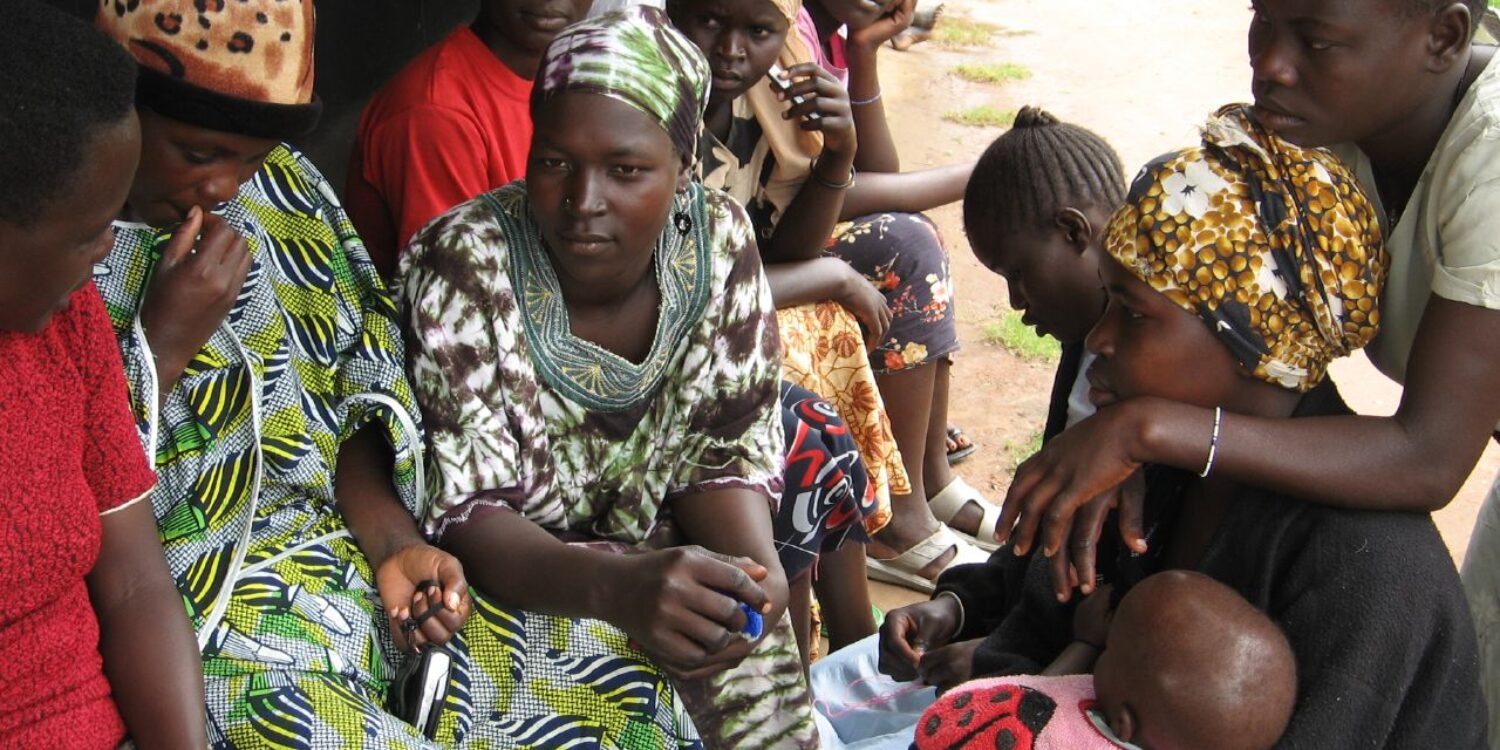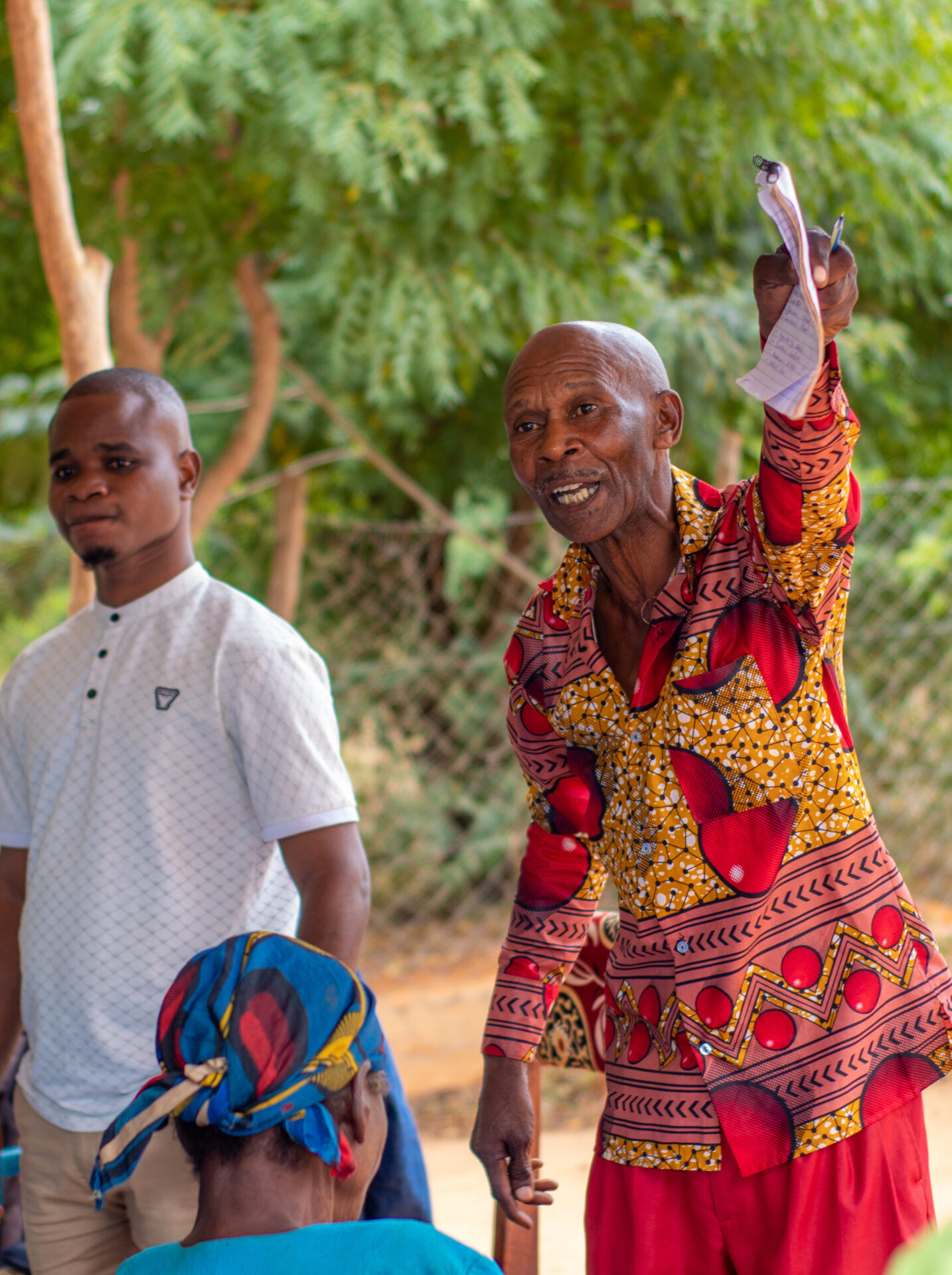At the Open Institute, we have centered much of our work around transparency – making government and corporate data available to everyone. The argument is simple: the more data and information there is available, the more citizens are empowered to participate in their governance. When citizens participate, the argument follows, life is improved because they choose their own priorities and they are more vigilant of wastage and misuse.
In a recent discussion with media professionals, a question was posed. Has Kenya improved since the Kenya Open Data Initiative was launched in May 2011? Do citizens care? Do people really have information? If yes, the journalist asked, then why are we seeing more and more misuse of funds? And why do we not see citizen outrage when such misuse is brought to light?
These are questions to which we assign great value.
Our developing thinking is as follows:
- Kenya has improved for sure since KODI was launched by President Mwai Kibaki in May 2011. The biggest change in our view is that there has definitely been a shift in the employment of the country’s (still existing) secrecy laws in general government practice. This is to say, that there is movement in the effort taken to be more transparent. We are happy to note that aside from KODI, we have seen government agencies increasingly publishing useful data in computer-readable format. These have included the Independent Electoral and Boundaries Commission (IEBC), which has shared excel based data on voting centres etc, Ministry of Education has continued to share schools location data, Constituency Development Funds data is readily available, the National Transport Safety Authority regularly shares accident data on a daily basis and more.
- There is less political suspicion about the free release of data – it is not as threatening as it used to be. Two days before KODI was launched, we were surprised to learn that the president had temporarily put a stop to the planning of the launch. Word had reached him from some of his close politicians that releasing data was going to be a threat for two major reasons – first, that it was being released to foreigners (and therefore undermine our sovereignty) and second, it would open the doors to scandal after scandal (“When would we ever work, Your Excellency?”). We were at pains to explain that release of data would actually be of greater benefit to the country and to the youth and advanced the argument that it was transparency not primarily for accountability’s sake but for development. Besides, we were releasing data that was already in the public domain already! To his credit, President Kibaki was swayed by our argument and since, the scandals have not primarily come from data per se, but have gained context with data – the information came out and data was found to illustrate it.
- The culture of secrecy is diminishing progressively. Speaking of scandals, information pertaining to alleged misdeeds is more accessible by the public and there is decreased personal threat to persons who bring this information to light than before. There is less fear in the release of information and in the access to the data relating to the information than say, 2 decades ago. For a culture that has been carefully nurtured in Kenya over the past century – indeed many more years even under the British realm, whose system of government and laws we happlessly inherited, progressive change towards greater freedom of information is helpful towards the strengthening of personal freedoms.
- There is hope. Indications in Kenya are that government commitment and engagement relating to data is growing. The President and Deputy President have on numerous occasions reiterated their commitment to strengthening transparency. We have seen the Deputy President for example take a leadership position in partnering with the Private Sector and the Civil Society at the National Data Forum in 2015, and in subsequent activities. We are seeing more engagement and partnership with the Kenya National Bureau of Statistics and other agencies. The Kenya Access to Information and the Data Protection Bills are largely making steady progress.
We do not mean to suggest that we have gone past the hurdles – or indeed that we are at the zenith. We do however seek to acknowledge the movement that Kenya has made and to attribute the movement – at least in part – to the establishment of the Kenya Open Data Initiative in 2011.
As to whether the citizens care, we are increasingly finding through our interactions with citizens at village level as part of our Global Goals for Local Impact Programme, that citizens care less about national scale activities (because they are articulated in the context of money – in the billions).
“I have never seen a Million Shillings, how will I know what a Billion Shillings could do, or whether it has been wasted?” This was a question posed by a citizen in a town-hall meeting we attended recently.

Image: A selection of news pieces relating to how government discusses development.
On the other hand, we have found that citizens are considerably more animated by data that relates directly to their everyday lives. How much money was spent to repair the road in my neighbourhood and when is it likely to be finished? How much is spent to build the classroom in our village? How much is allocated for medicine in our local dispensary? How many people are affected by crime in our area? How many of “our” orphans need bursary to attend school?
We therefore increasingly are taking the view that for data to find the most usefulness and agency among citizens, then it must find relevance in a citizens everyday context. Our experiences continue to strengthen this perspective. We have been engaging in a non-scientific, random research, where we have had conversations with different people globally to try and understand what their top three priorities for government would be – to wit: what are the top three things you as an individual would want government to achieve?
People, we have found, have an easier time explaining what they don’t want to see (eliminate corruption is a common response) and then being general (“just make life better”). When we press them more for specificity, we then hear answers like the below:
- “Fix the traffic problem.”
- “Just make sure there is running water and farming inputs in our farms”
- “Fix the road over here, I spend too much time trying to get to work.”
- “Get a dispensary in Lanet Umoja – I hate having to go 29 kilometres to a dispensary.”
- “Make education work again.”
We’d love to hear your perspective on this. What do you want your government to do for you – specifically? What has data done for you lately?
Please comment below.













